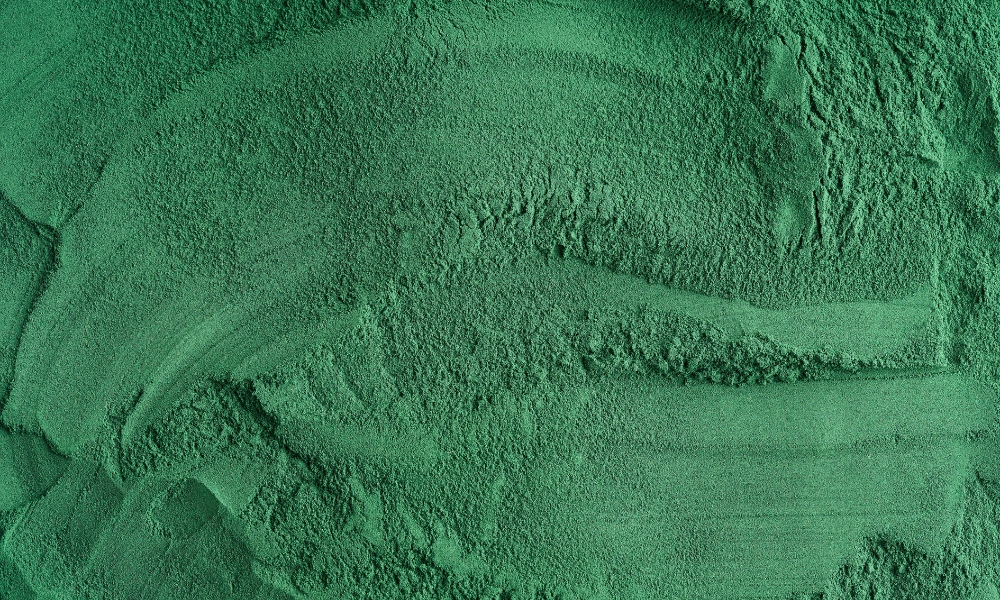Made with under the sun daily.
Made with under the sun daily.
Home » Spirulina
Spirulina is a tiny blue-green algae in the shape of a perfect spiral coil. Biologically speaking, it is one of the oldest inhabitants of the planet. Its scientific name is Arthrospira platensis.
Appearing 3.6 billion years ago, it provided an evolutionary bridge between bacteria and green plants. This water plant has renewed itself for billions of years and has nourished many cultures throughout history in Africa, in the Middle East and in America.
The best feature of Spirulina is that its nutrients are very well assimilated by the body since it contains no cellulose in its cell walls. Spirulina is low fat, low calorie, cholesterol-free source of protein containing all the essential amino acids.
It helps combat problems like diabetes, anaemia and atmospheric pollution. It also helps combat ‘free radicals’ which can lead to ailments like cancer, arthritis, cataracts. Moreover, the gama-linolic acid (GLA) present in Spirulina dissolves fat deposits, helps in preventing heart problems and reduces ‘bad cholesterol.
In the World Food Conference of 1974, the United Nations lauded Spirulina as being possible “the best food for the future”.

Founded in Southeast QLD and located on Certified Organic farmland, we are an Australian-made Fresh Spirulina commercial farm. We are subject to the Australia New Zealand Food Standards Code and produce fresh Spirulina using food-grade nutrients only, pay attention to the freshness and health of our spirulina.


Would you like to be notified when we start?



Thanks! You're on the list.
It's safe to close this popup now.